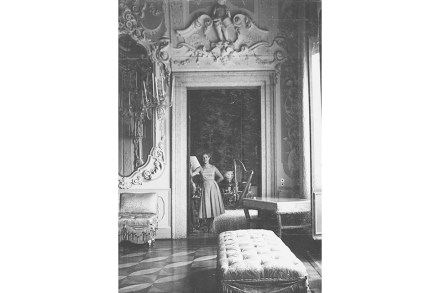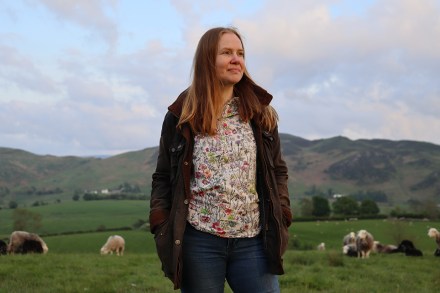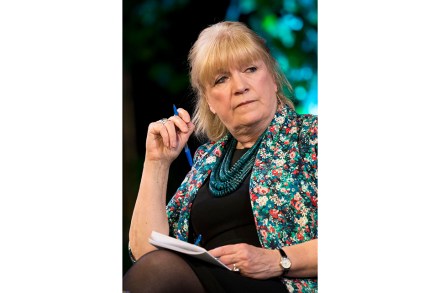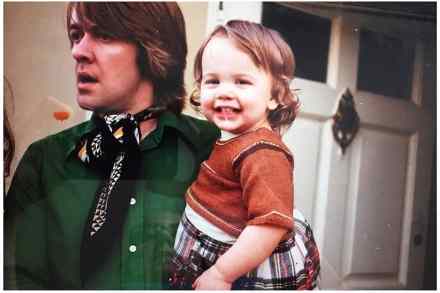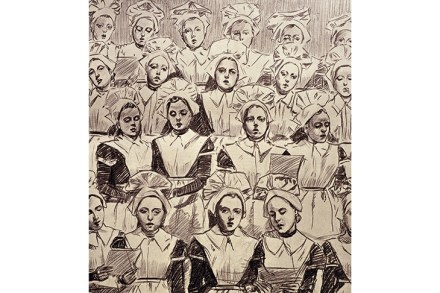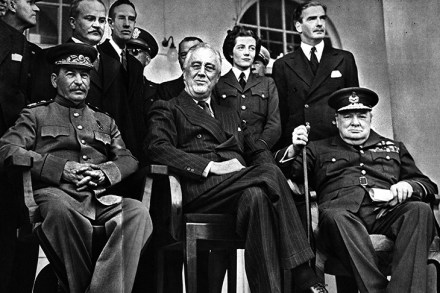What publishing a book has in common with childbirth
‘Are you ready?’ a kind but optimistic friend asked me a few weeks ago with a look of genuine concern. But I am not on the verge of moving house, getting married, starting a new job or having a baby, all of which might have merited her anxiety. Instead, my friend was cautioning me to



